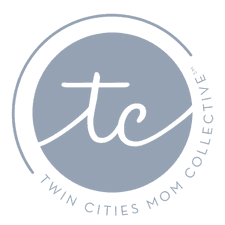The state fair is over. You wore a cardigan yesterday. TARGET HAS HALLOWEEN CANDY.
The holidays are officially here.
Time to break out grandma’s brisket recipe and muster up enthusiasm for apples and honey. Time to source your s’chach* and try to remember where you found an etrog last year. Time to pick an outfit for Kol Nidre.
I….realize we might be talking about different holidays here.
For Jewish families, “The Holidays” means something slightly different than trick or treating (although some of us still do that), turkey carving (although many of us do that), and decorating Christmas trees (although plenty of us have those).
In between the pumpkin spice lattes and pumpkin pie, Jews are braiding round challah, then fasting, then building huts in their backyard. The Jewish kids in your kids’ class may be missing some school.
When I was in school, my mom used to come to my classroom prior to every Jewish holiday and give my classmates the scoop. It was embarrassing—omg my MOM is in my CLASSROOM—but it’s time for me to carry that torch, virtually, to all of you moms. So when your kid asks why Hannah is missing class again, or why Ben has a hut in his backyard, I’ve got your back.
Rosh Hashanah is the Jewish new year—it literally translates to head of the year. The Jewish new year is a little different from the new year most of us know. First of all, we’re ushering in 5778 this year—this means I have 3761 years of Bachelor spoilers up my sleeve, but I’m obligated not to tell you. And there are no novelty glasses or confetti in our celebrations: we like to celebrate with a nice family meal, then head to synagogue and start to think about the ways we could have been better in the past year. We eat round challah (to signify the cycle of seasons and years) and dip apples in honey to symbolize a sweet new year.
Yom Kippur is the Day of Atonement and falls ten days after Rosh Hashanah. Though we’re still wishing each other Happy New Year, there are definitely no novelty glasses at this solemn holiday. We fast, head back to synagogue, and ask forgiveness for everything we’ve done wrong over the past year. When the fast is over, we celebrate by eating—in my experience—ALL of the carbs. Bagels! Noodle kugel! Blintzes! (We try not to plan our Whole 30’s this month.)
I’m waiting for the day the rest of the world catches on to Sukkot. Guys, Sukkot is a holiday where you build a fall hut called a Sukkah in your backyard—and then decorate it and host meals in it. Martha, where are you? Can you imagine the DIY blogs? The magazine spreads?
This holiday is happier—Jews are literally commanded to rejoice. Sukkot is a time to give thanks for the fall harvest (you know: candy corn, pumpkin spice lattes, and Reese’s peanut butter cups shaped like pumpkins). The sukkah represents the huts where Jews lived while spending 40 years wandering the desert after escaping slavery in Egypt.
Here’s what this holiday meant to me as a kid: there’s a PARADE. With CANDY. Here’s what it really means: we celebrate that we’ve just finished the yearly reading of the Torah. The parade I’m remembering? The Torah scrolls are carried around the synagogue.
Disclaimer: Judaism, like most religions, is subject to interpretation. Some of my explanations may differ from other Jews’ perspectives. For some Jews, Rosh Hashanah and Yom Kippur are the only two holidays on their radar—and for others, each of these holidays is equally observed. (I even skipped an entire holiday because it felt difficult to explain—no disrespect to Shemini Atzeret, but my go-to website literally says, “Its exact function is unclear.”) My explanations are simple, but my goal is to give you a glimpse into a culture you may not be familiar with.





2 comments
Nice and informative. We just read a book called All of A Kind Family, that lived in nyc in the 1900s. They are Jewish and shared those holidays in the book. Now is only there was a pronunciation guide! Google… I’m coming
Some of my favorite lessons were taught by the parents of classmates teaching us about a holiday/tradition I didn’t grow up with in my home (being Catholic) and it’s prepared me as an adult to understand more of my colleagues and the holidays they celebrate. I hope schools never stop letting parents teach kids about these kinds of things. I’ve made lefse and latkes and stuff I never would have experienced otherwise.